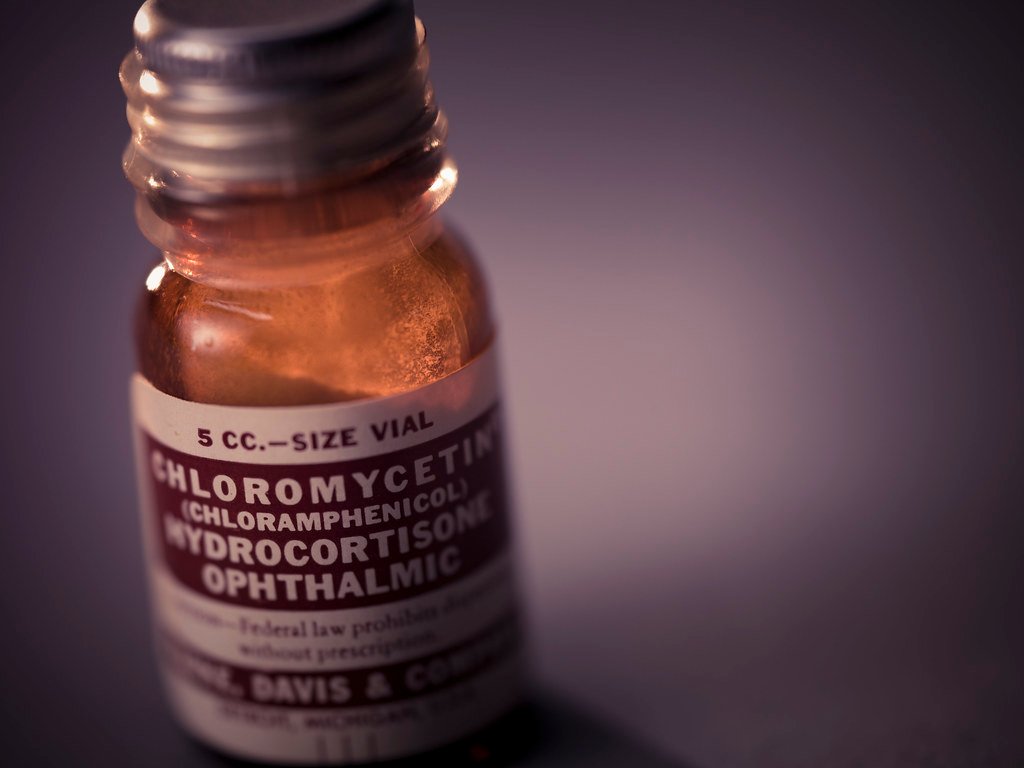| Category of Drug | Chloramphenicol is an Anti-Infective drug |
| Mechanism of Action | |
| Indications | Chloramphenicol is used for 1. Severe life-threatening infections 2. Cerebral abscess 3. Mastoiditis 4. Relapsing fever 5. Gangrene 6. Granuloma 7. Inguinal 8. Listeriosis 9. Severe melioidosis |
| Well Known Pharmaceutical Brands | |
| Available dosage forms | 1. CAPSULE 2. INJECTION 3. SYRUP |
| Dose | |
| Contraindications | 1. Pregnancy 2. Porphyria 3. Blood dyscrasias 4. preexisting bone marrow 5. Depression 6. Hypersensitivity 7. patients receiving radiation therapy. |
| Precautions | 1. Avoid repeated courses and prolonged use 2. Reduce dose in hepatic impairment and severe renal impairment 3. Blood counts required before and during treatment 4. monitor plasma concentrations in neonates 5. Lactation 6. Overgrowth of non-susceptible the organism may occur 7. Interactions |
| Adverse Effects | 1. Bone marrow depression-reversible and irreversible aplastic anaemia 2. Anaemia, leukopenia and thrombocytopenia 3. Nocturnal haemoglobinuria 4. Peripheral neuritis and optic neuritis 5. Nausea, vomiting, diarrhoea, dry mouth, stomas, glossitis 6. Headache, depression 7. Hypersensitivity 8. Grey baby syndrome may follow excessive doses in neonates with immature hepatic metabolism; also reported in infants born to mothers treated in late pregnancy 9. Ocular irritation 10. Angioneurotic edema. |
| Pregnancy Category | C |

